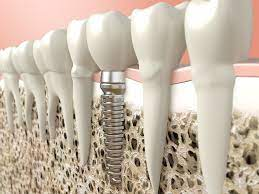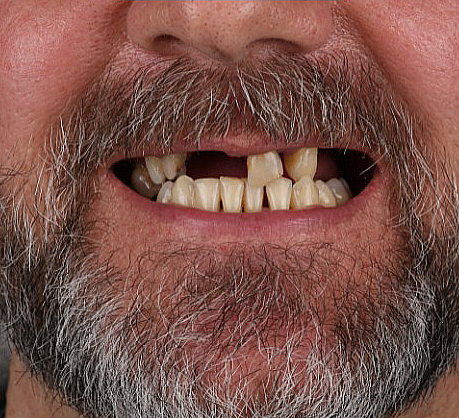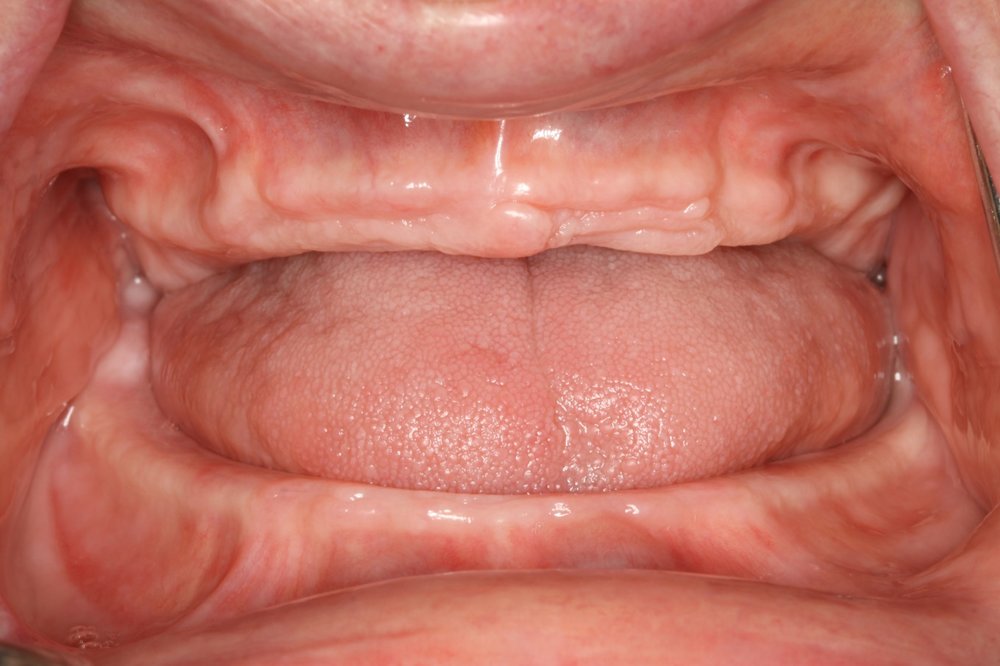In This Article
Introduction
This is David and I am a dental implant educator at Chicago I implant Studio. In this article I will answer one of the common questions I get from patients at the consultation appointment with our implant specialist about- Can I Get Dental Implants If I Have Osteoprosis or Osteopenia?
Are you considering dental implants but concerned about your osteoporosis or osteopenia diagnosis? Many individuals with these conditions wonder if they are eligible for dental implant procedures. In this article, we will explore the relationship between osteoporosis/osteopenia and dental implants, addressing common concerns and providing valuable insights to help you make an informed decision. Read on to learn more about the possibilities that lie ahead.
Understanding Osteoporosis and Osteopenia
Before delving into dental implant considerations, let’s take a moment to understand osteoporosis and osteopenia. Osteoporosis is a condition characterized by a decrease in bone density, leading to weakened bones that are more susceptible to fractures. Osteopenia, on the other hand, is a precursor to osteoporosis, where bone density is lower than normal but not as severe as in osteoporosis.
Can You Get Dental Implants with Osteoporosis/Osteopenia?
The good news is that having osteoporosis or osteopenia does not automatically disqualify you from receiving dental implants osteoprosis. However, it does require careful evaluation and collaboration between your dentist, oral surgeon, and medical team to determine your suitability for the procedure. Let’s explore some key factors to consider:
- Bone Density and Quality: Successful dental implantation relies on having adequate bone support in the jaw. While osteoporosis and osteopenia can impact bone density, advancements in implant techniques and materials have made it possible for individuals with these conditions to receive implants. Your dentist will assess your bone quality through imaging tests, such as a cone beam CT scan, to determine the best approach for your specific case.
- Treatment Planning: Each case is unique, and your dental team will develop a personalized treatment plan tailored to your situation. They may consider alternative implant techniques, such as All-on-4 implants or bone grafting procedures, to ensure a stable foundation for the implants.
- Medical Evaluation: It is essential to undergo a thorough medical evaluation to assess your overall health and the impact of osteoporosis or osteopenia on your bone healing capabilities. Your dentist and medical team will collaborate to manage any underlying conditions and determine the appropriate precautions and medications to support successful implantation.
- Ongoing Oral Care: Maintaining good oral hygiene practices is crucial, especially when considering dental implants with osteoporosis or osteopenia. Regular dental check-ups, diligent brushing and flossing, and following your dentist’s recommendations for post-implant care are essential for the long-term success of your implants.
Conclusion
While osteoporosis or osteopenia may pose some challenges, it is possible to receive dental implants osteoprosis with careful consideration, planning, and collaboration between your dental and medical teams. Advances in implant technology and personalized treatment approaches have made dental implants osteoprosis a viable option for many individuals with these conditions. Remember to consult with your dentist and medical professionals to assess your suitability and discuss any concerns or questions you may have.
Embrace the possibilities that dental implants osteoprosis offer, and regain your confidence in your smile. With proper evaluation and care, you can achieve a beautiful and functional dental restoration, enhancing your quality of life.
If you are looking for state-of-the-art single and multiple tooth to full jaw All-on-4 dental implants, schedule a no-obligation free consultation with Chicago Implant Studio dental implant experts. Schedule a free consultation online today or call us at (331) 257-7999.






